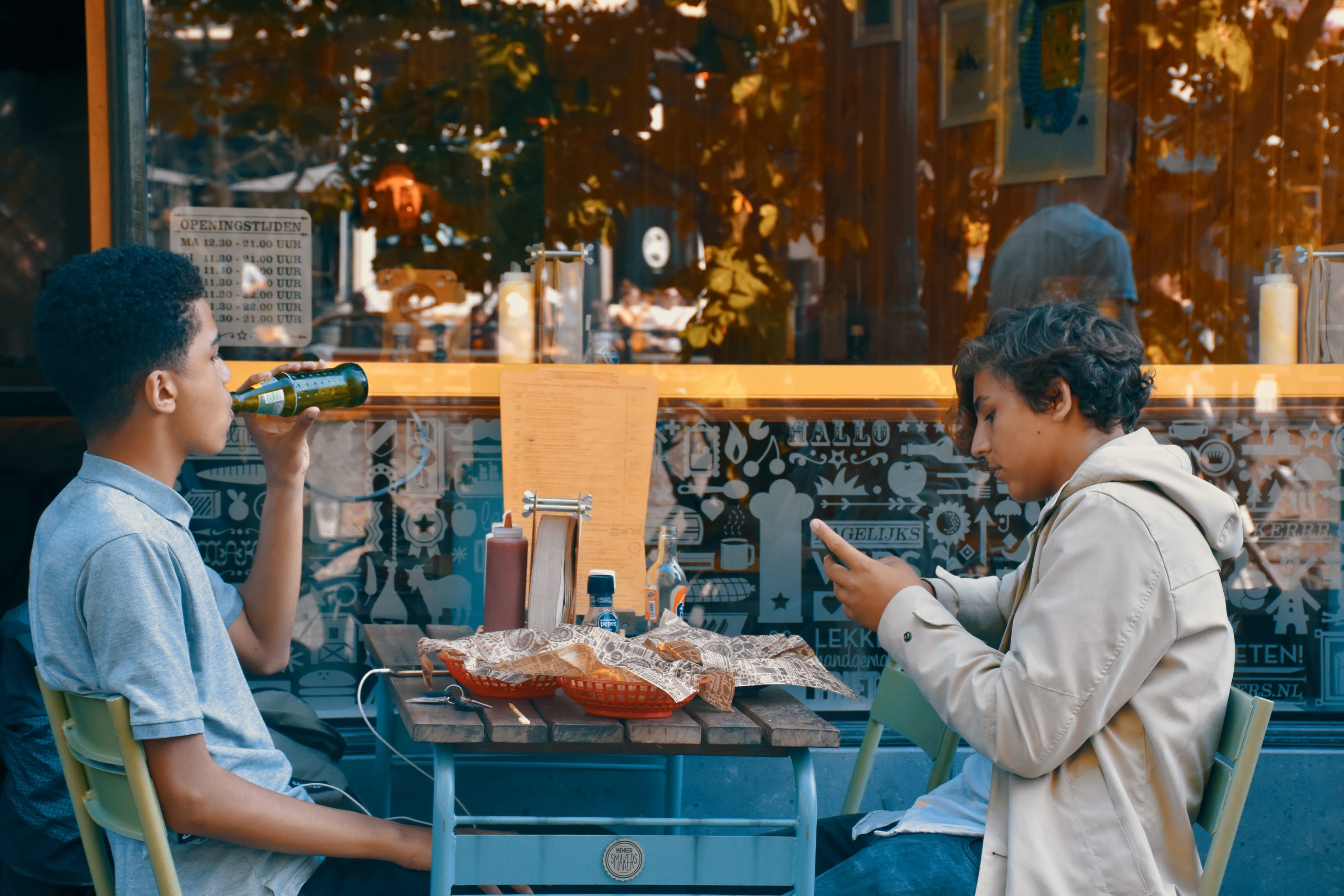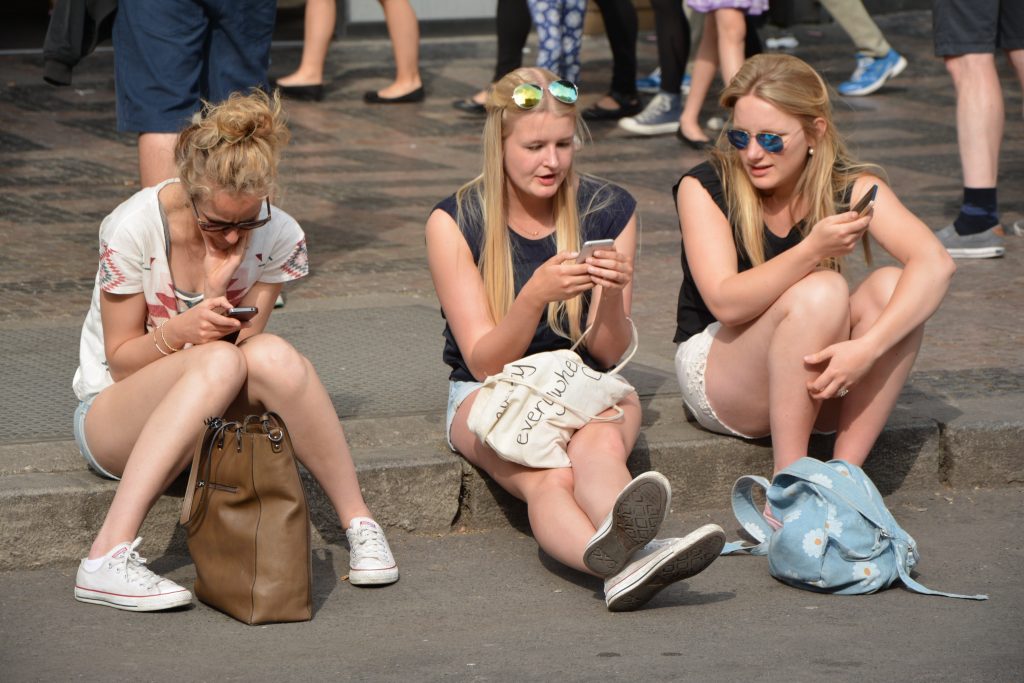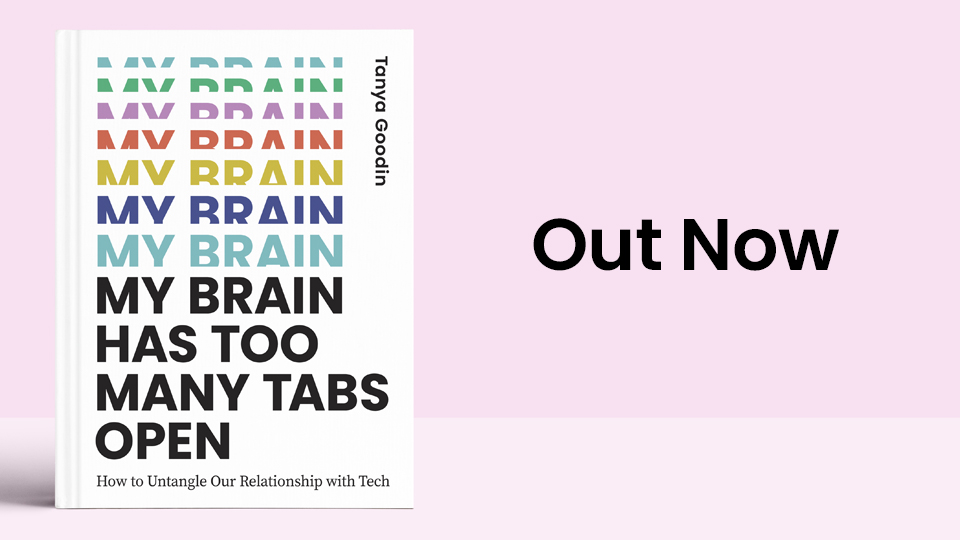
14 Oct Have you been ‘phubbing’ your loved ones? We can help.
We’ve all been there – you’re sitting at the kitchen table for family dinner and everyone around you is on their phone. Or, perhaps you are finally out for dinner with a friend and they are distractedly talking to you whilst answering work emails. This bad habit is called ‘phubbing’ and we are all recipients of it – which means we are probably all guilty of it too. More than 17% of people in a recent study admitted to phubbing those around them over 4 times a day– and 71% of millennials admit to doing it deliberately to get out of awkward situations.
What is ‘phubbing’

Phubbing – a direct contraction of the words ‘phone’ and ‘snubbing’, can take many forms. It could be when you are having a hard conversation with someone and they get an email that they NEED to respond to right there and then, or perhaps when you are with family and your friends send you a hilarious message so you oh-so-subtly respond under the table, it could even be checking the weather, or checking a news story referenced in the conversation. If you are not sharing your screen with the other person in the conversation you are phubbing them, and we all know how annoying that can be when people aren’t truly listening.
Why is it a problem?
We all know how it feels to be phubbed – you can start to feel that you are not important enough, that you are boring and that the person you are speaking to doesn’t value your input into the conversation, all of which perpetuates the breakdown of human connection that we have experienced over the course of this pandemic. It has been 18 months of not being able to speak to each other freely except through technology and we all said throughout that as soon as it ended we would put down our devices, valuing in person interaction all the more. Yet this has somehow not been the result, we’re still phubbing our loved ones just as much. Phubbing has been linked to a decease in marriage satisfaction, as well as a decrease in the perception of one’s quality of life and general mental health- it does have real-world consequences. We need to stop.

How to stop
Phubbing is a reciprocal activity – if you take out your phone in a conversation *even if it is just to answer an essential work query* those you are talking with are more likely to do so too. Therefore, the first step we suggest to improve your experience of phubbing with others is to cut it out yourself. When you start a conversation with someone make an active effort to consciously put your phone away. Don’t leave it face up on the table ready to distract you, put it in your bag out of sight. Studies have shown that a phone on the desk reduces your IQ even when you are not using it, so put it away. If you have important aspects of your life to keep connected with (such as children), you can make periodic trips to the ‘bathroom’ to use your phone. Or ask your companion if it’s OK if you quickly check your phone in a break in the conversation. Once you make that first step, you’ll be pleasantly surprised at the difference it inspires in others, even if you don’t tell them anything about your new strategy. Give it a go and watch the difference it makes to all your interactions.

If you want to learn more about ‘phubbing’ and the many other ways in which our digital habits are changing our lives – and how to fix that – you can read more in Tanya Goodin’s new book: ‘My Brain Has Too Many Tabs Open’.




Sorry, the comment form is closed at this time.